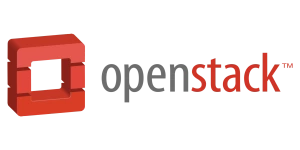Digital Ocean Spaces
Digital Ocean is one of the few companies that grew over time and actually made it to the champions leage of Cloud Hosting Providers. It’s only logical DO should offer an object storage solution.
Digital Ocean has established itself over the years as being developer friendly, posting an abundance of useful Sysadmin/developer articles. The value and quality of their blog closely represents their product, which is clean, has good concise documentation, and works great.
Their clients include InfluxDB and Edge Compute company Section; (see our srvrlss profile on them).




